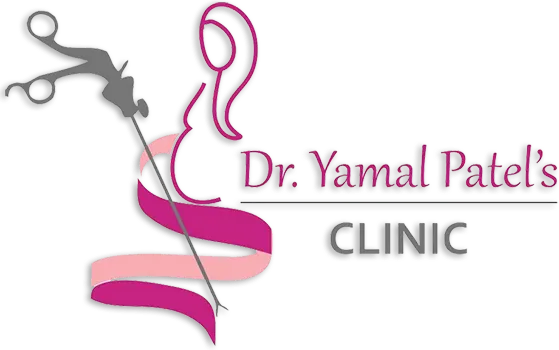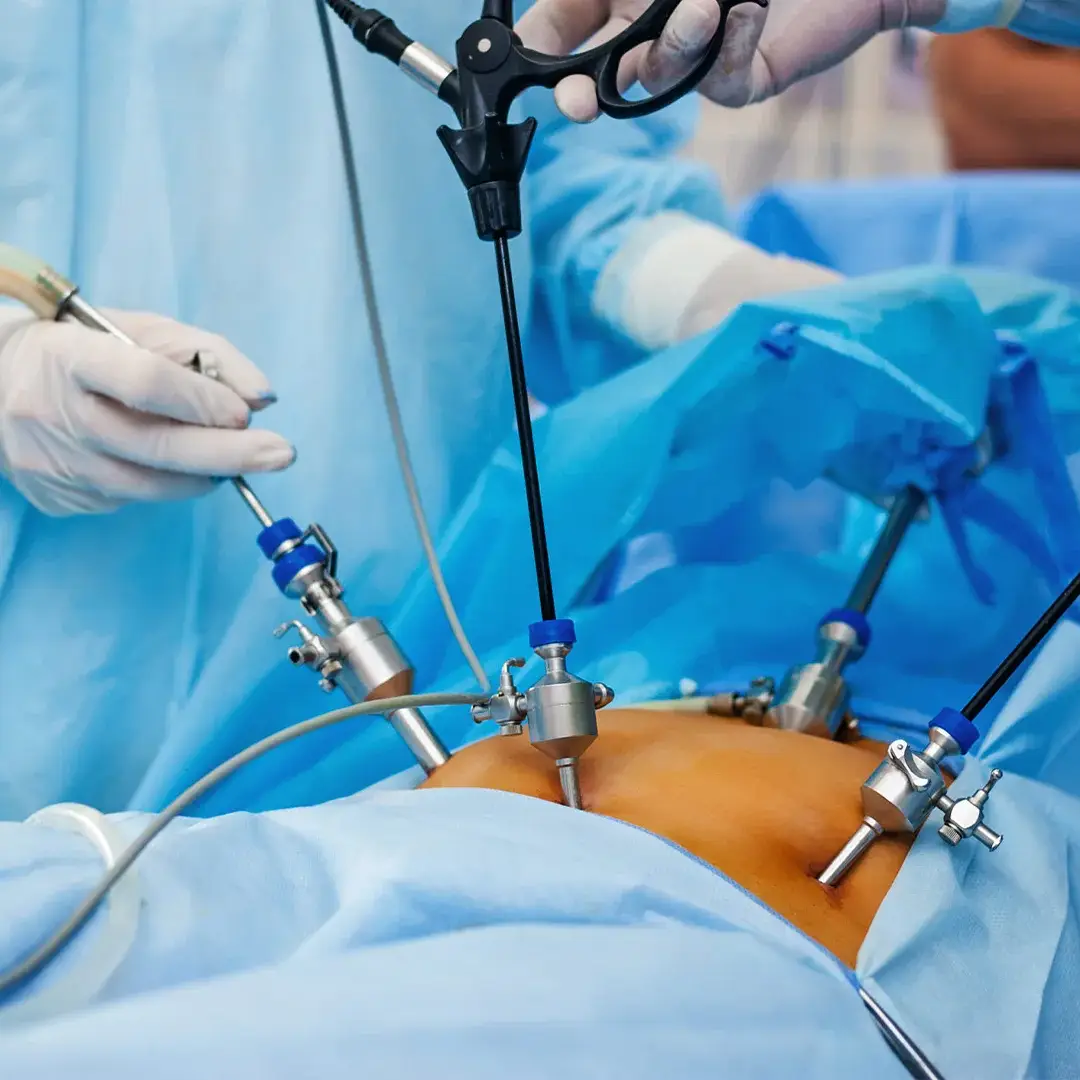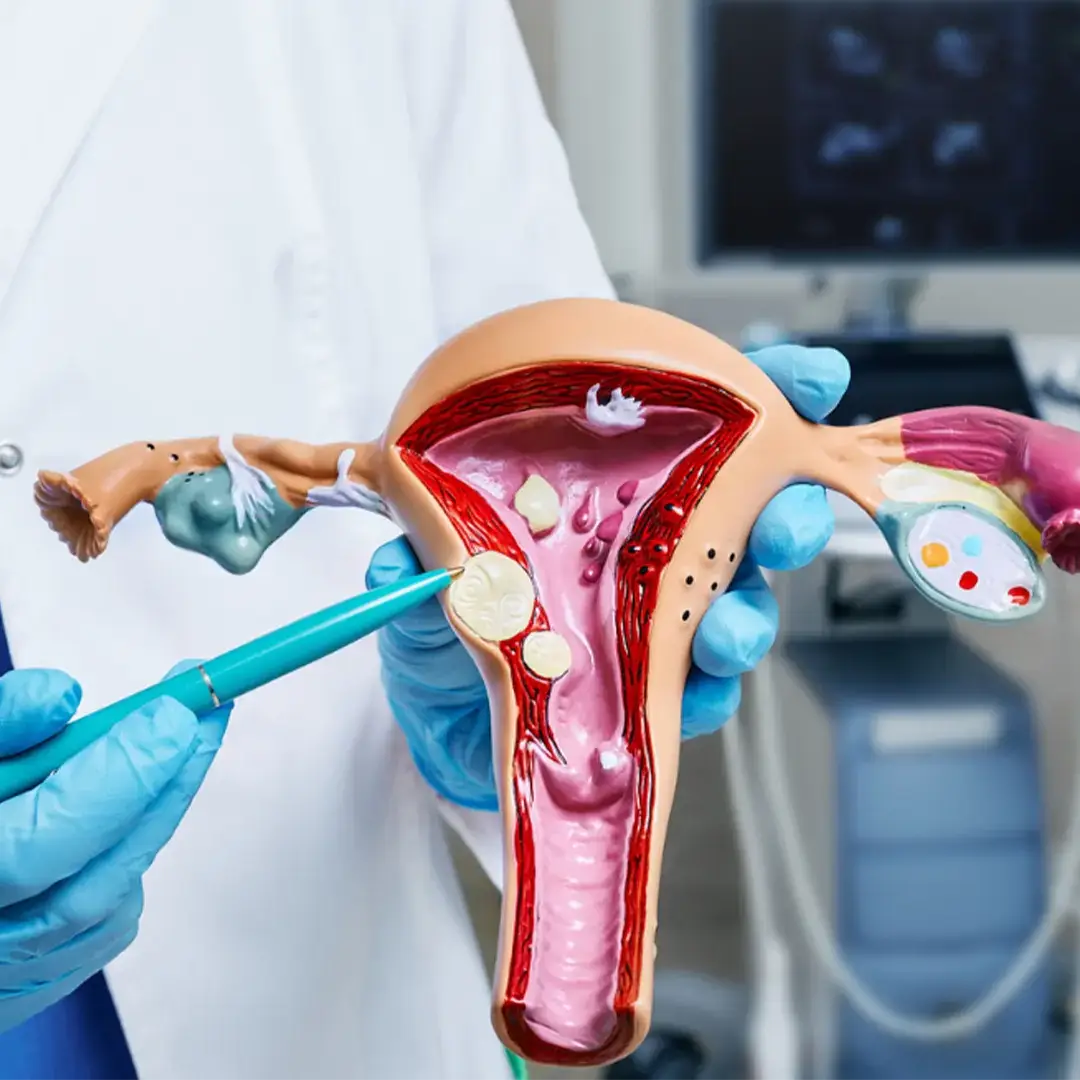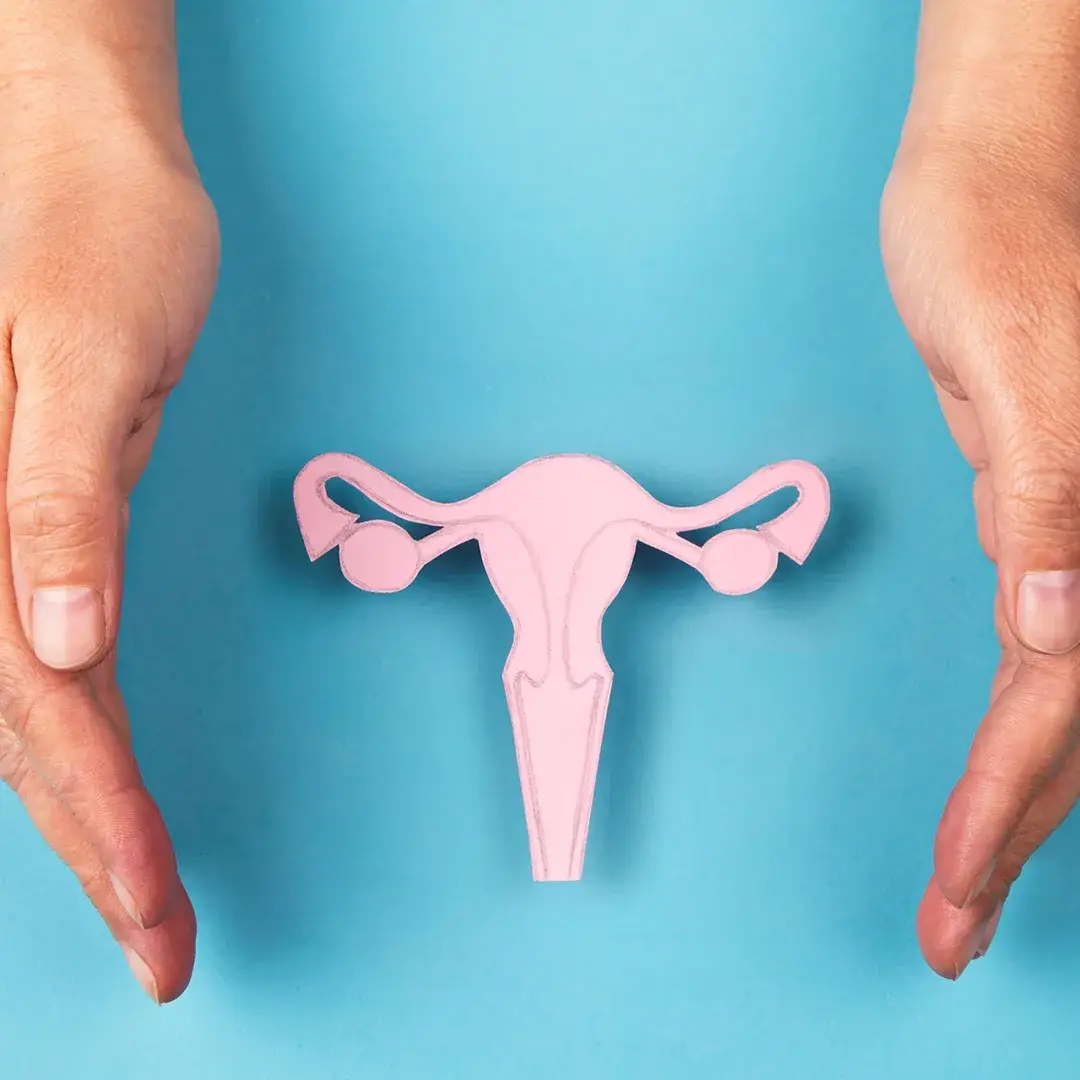Reproductive surgery is a specialized field within reproductive medicine, performed by gynecologists and urologists who are experts in treating reproductive organs. This type of surgery encompasses a variety of procedures aimed at addressing different issues. The primary goal of most reproductive surgeries is to restore normal function to the uterus, fallopian tubes, and ovaries.
While the use of assisted reproductive technology (ART) has become more common, surgeries on the fallopian tubes and ovaries are still occasionally necessary. Reproductive surgery continues to play a crucial role in certain situations where it can significantly impact outcomes.
Conditions, which can interfere with reproduction
- Fibroids.
- Polyp.
- Uterine scar tissue (Asherman Syndrome).
- Ovarian cysts.
- Endometriosis.
- Congenital uterine variants (also called Mullerian anomalies).
Common Surgical Procedures
Whenever possible, we offer a minimally invasive approach, to allow faster healing with fewer risks.
Hysteroscopy is a minimally invasive procedure where a small camera, called a hysteroscope, is inserted through the cervix into the uterus. This allows the doctor to directly view the uterine cavity and diagnose conditions such as polyps, fibroids, or scar tissue. Additionally, treatment can be performed using small instruments passed through the hysteroscope to restore a normal uterine cavity
Laparoscopy is a minimally invasive procedure where a small camera, known as a laparoscope, is inserted through small incisions in the abdomen to directly view the pelvic organs. Additional small instruments can also be used through these incisions to address issues such as endometriosis, damaged fallopian tubes (hydrosalpinx), pelvic scar tissue, uterine fibroids, and ovarian cysts. Typically performed in a hospital setting, laparoscopy is an outpatient procedure, allowing patients to usually return home the same day.
For some patients who have had tubal ligation, a tubal reversal surgery can be performed to restore the reproductive connection between sperm and egg. The success and suitability of this procedure depend on various factors, including the type of tubal ligation previously done, the patient’s age, and any other underlying infertility issues. Alternatively, in vitro fertilization (IVF) is another option that patients may consider.
Vaginal surgeries are conducted to address congenital abnormalities in the development of the uterus and/or vagina. These conditions can include longitudinal vaginal septum, transverse vaginal septum, incomplete formation of the cervix or upper vagina, and partial vaginal obstruction (also known as OHVIRA).
Patients' Testimonials
Need to book an appointment?
Other Gynaecology Services



